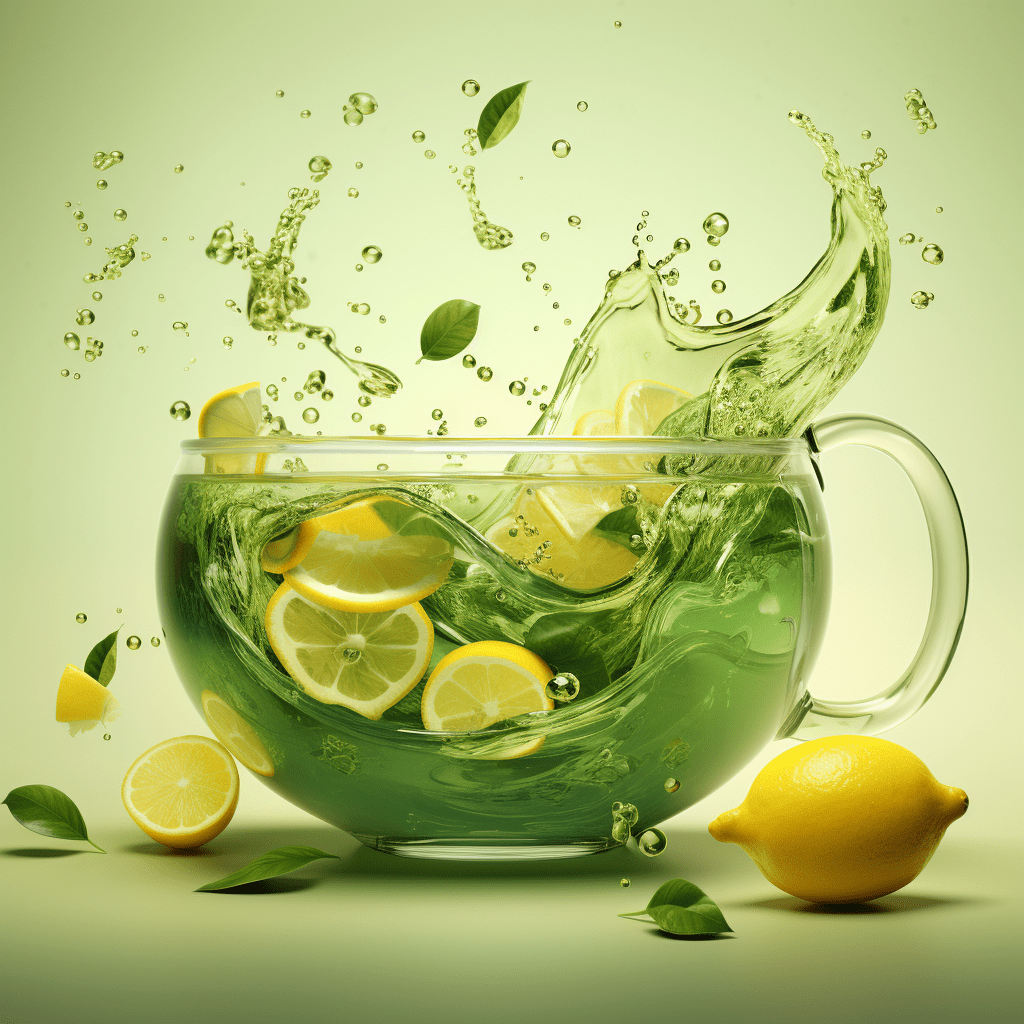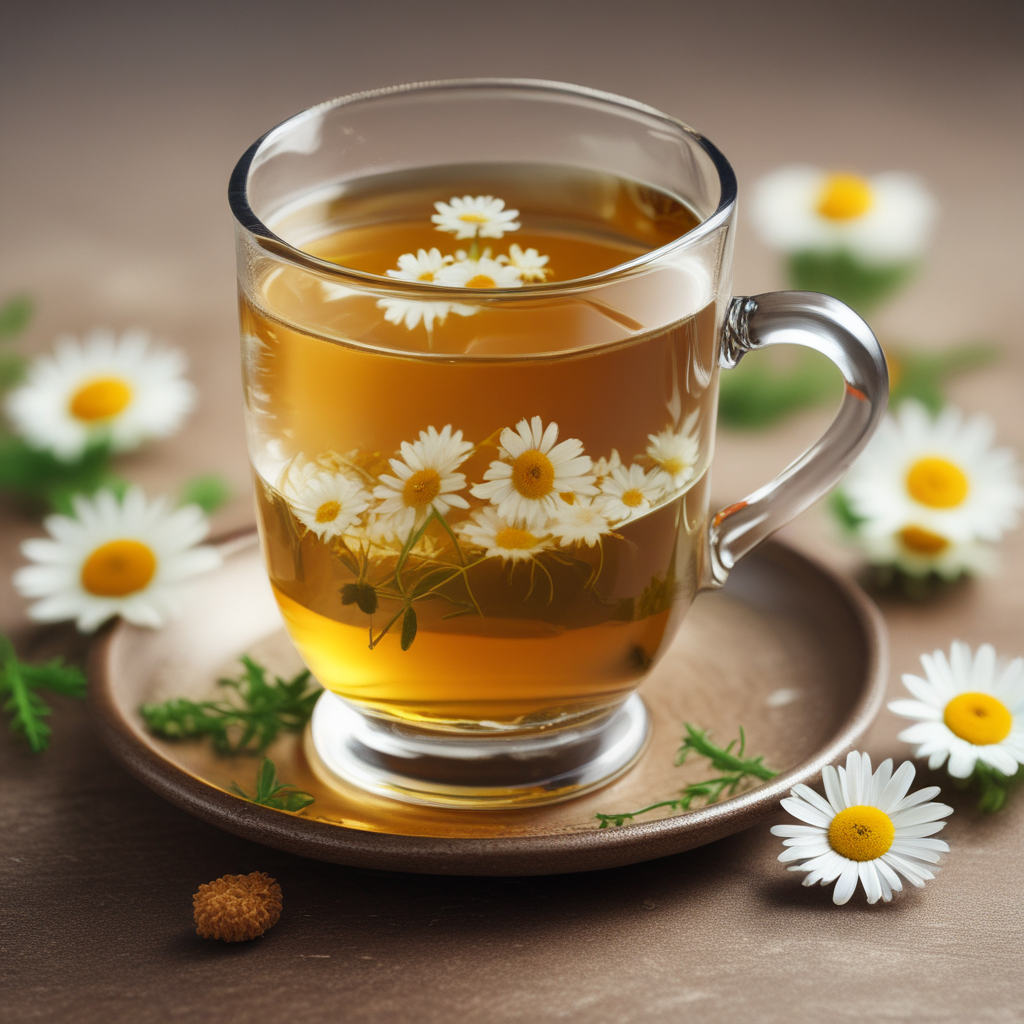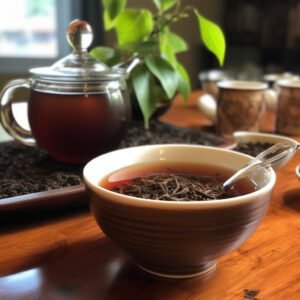
How Much Caffeine Does Lipton Green Tea Have?
If you’re a tea enthusiast or simply looking for a healthier alternative to your caffeine fix, you might be wondering how much caffeine is in Lipton Green Tea. Green tea has gained popularity due to its numerous health benefits, including its potential to boost metabolism, promote weight loss, and improve brain function. However, it’s essential to know the caffeine content in Lipton Green Tea to manage your caffeine intake effectively. In this article, we will explore the caffeine levels in Lipton Green Tea, its potential health effects, and answer some frequently asked questions about green tea and caffeine.
Caffeine Content in Lipton Green Tea
Lipton Green Tea is a popular brand known for its range of green tea variations. To determine the caffeine content, we need to consider factors such as the type of Lipton Green Tea and the brewing method. On average, an 8-ounce cup of Lipton Green Tea contains around 35 milligrams (mg) of caffeine. However, it’s important to note that caffeine levels can vary based on factors such as the type of tea leaves used and the brewing time.
Factors Affecting Caffeine Levels in Lipton Green Tea
Several factors can influence the caffeine levels in Lipton Green Tea. Understanding these factors can help you make an informed decision about your caffeine consumption:
1. Type of Lipton Green Tea
Lipton offers a variety of green tea options, such as Pure Green Tea, Matcha Green Tea, and Green Tea with Citrus. Each variation may have slightly different caffeine content due to variations in the tea leaves used and additional ingredients.
2. Brewing Time and Temperature
The caffeine levels in green tea can vary depending on the brewing time and temperature. Steeping the tea for a shorter duration or using lower water temperatures can result in lower caffeine content.
3. Serving Size
The caffeine content mentioned earlier is based on an 8-ounce cup of Lipton Green Tea. If you consume a larger serving, the caffeine content will proportionally increase.
4. Additional Ingredients and Tea Blends
Some Lipton Green Tea variations may include additional ingredients or blends, such as jasmine or other herbal infusions. These additives can impact the caffeine levels, so it’s best to check the packaging for more specific information.
Health Effects of Caffeine in Lipton Green Tea
Caffeine, in moderation, can have several potential health benefits. It can provide a temporary energy boost, enhance mental alertness, and improve performance during physical activities. Additionally, green tea consumption is associated with a lower risk of various health conditions, including heart disease, certain types of cancer, and neurodegenerative diseases like Alzheimer’s and Parkinson’s.
However, it’s essential to consume caffeine mindfully, as excess intake can lead to side effects such as insomnia, restlessness, irritability, and increased heart rate. Some individuals may also be more sensitive to caffeine than others, experiencing these side effects at lower doses. It’s always a good idea to monitor your caffeine consumption and listen to your body’s response.
Frequently Asked Questions (FAQ)
Q: Is Lipton Green Tea caffeine-free?
A: No, Lipton Green Tea contains caffeine. On average, an 8-ounce cup of Lipton Green Tea contains around 35 milligrams (mg) of caffeine.
Q: How does the caffeine in Lipton Green Tea compare to other beverages?
A: Compared to other popular caffeinated beverages, Lipton Green Tea generally contains less caffeine. For example, an 8-ounce cup of brewed coffee typically contains around 95 milligrams of caffeine.
Q: Can I reduce the caffeine content in Lipton Green Tea?
A: Yes, you can reduce the caffeine content by steeping the tea for a shorter duration or using cooler water temperatures.
Q: Are there any decaffeinated options available for Lipton Green Tea?
A: Yes, Lipton offers decaffeinated versions of some of their green tea variations. These teas undergo a decaffeination process to remove most of the caffeine content.
Q: Can I drink Lipton Green Tea if I’m sensitive to caffeine?
A: If you are sensitive to caffeine, it’s advisable to monitor your intake of Lipton Green Tea or opt for Lipton’s decaffeinated green tea options.
Q: Are there any potential health risks associated with consuming Lipton Green Tea?
A: When consumed in moderation, Lipton Green Tea is generally considered safe. However, excessive consumption may lead to side effects such as insomnia, restlessness, irritability, and increased heart rate. It’s important to be mindful of your caffeine intake and listen to your body’s response.
In conclusion, Lipton Green Tea contains an average of 35 milligrams of caffeine per 8-ounce cup. By considering various factors that affect caffeine levels and being mindful of your consumption, you can enjoy the numerous health benefits of Lipton Green Tea while managing your caffeine intake effectively. Remember, moderation is key when it comes to caffeine consumption.


